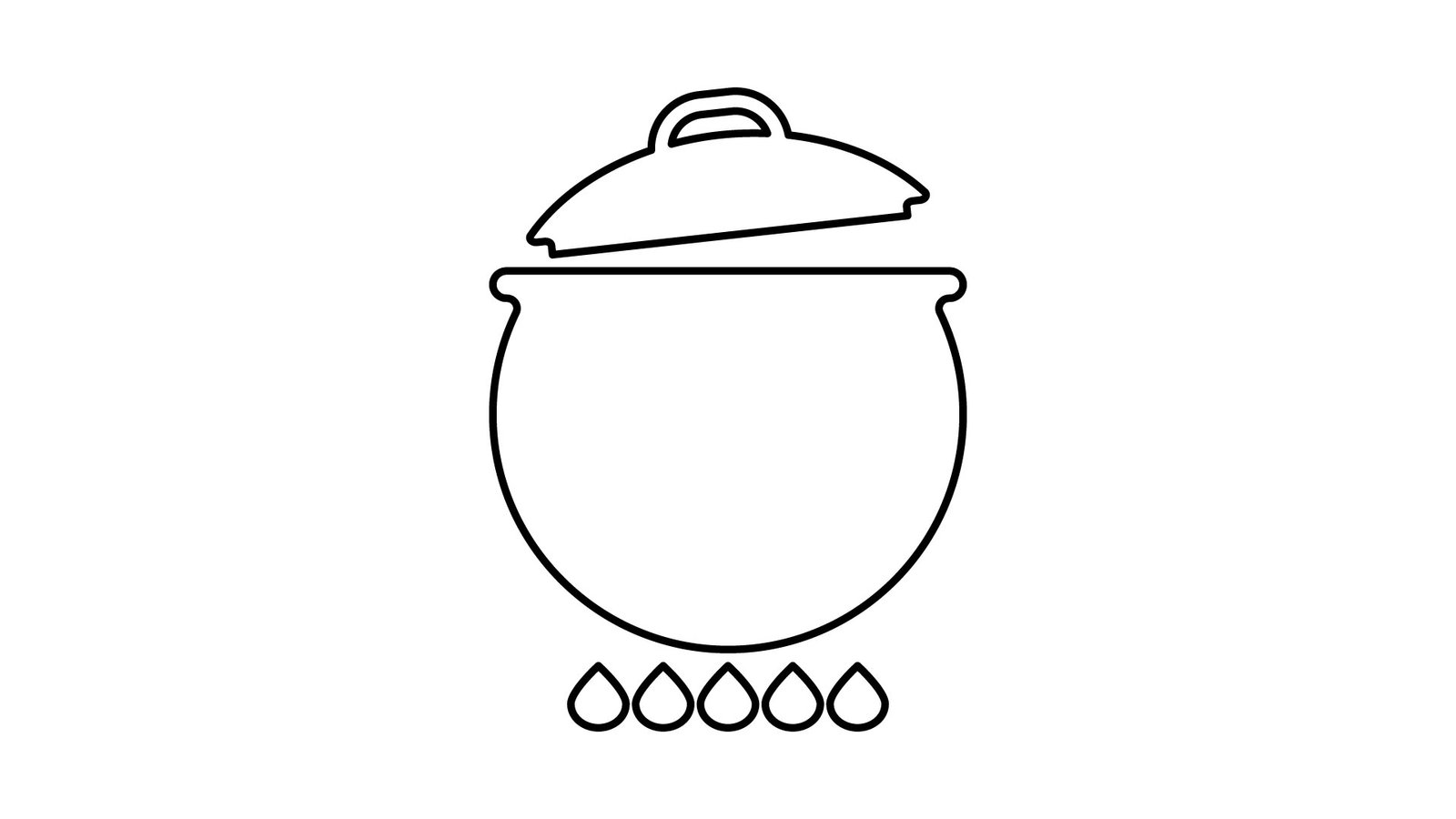La cocina molecular. Una revisión sistemática de la literatura.
DOI:
https://doi.org/10.70221/rgc.7963001Palabras clave:
Gastronomía molecular, Cocina, Negocios, ciencia de alimentosResumen
La cocina molecular se ha conocido con diferentes nombres en la práctica, lo que ha provocado confusiones en cuanto a su conceptualización, procedimientos y manejo de los avances científicos. Este trabajo presenta una revisión sistemática de la literatura sobre cocina molecular. Se utilizó el método de síntesis de investigación de Cooper, que consta de las etapas de formulación del problema, búsqueda de literatura, análisis de hallazgos, interpretación y presentación de resultados. Los principales resultados muestran la estructura bibliométrica, la evolución conceptual y los hallazgos empíricos de la cocina molecular.
Descargas
Referencias
Akyurek, S., & Kizilcik, O. (2019). Determining tourists' propensity to consume innovative cuisine: the case of molecular cuisine. Journal of Culinary Science & Technology, 519-533.
Barham, P., Skibsted, L., Bredie, W., Frost, M., Moller, P., Risbo, J., . . . Mortensen, L. (2010). Molecular Gastronomy: A New Emerging Scientific Discipline. Chemical Reviews, 2313-2365.
Brenner, M., & Sorensen, P. (2015). Biophysics of Molecular Gastronomy. Cell, 5-8.
Caporaso, N., & Formisano, D. (2016). Developments, applications, and trends of molecular gastronomy among food scientists and innovative chefs. Food Reviews International, 417-435.
Cassi, D. (2011). Science and cooking: the era of molecular cuisine. EMBO Reports, 191-196.
Cooper, H. (2019). The handbook of research synthesis and meta-analysis. Russell Sage Foundation.
Cousins, J., O'Gorman, K., & Stierand, M. (2010). Molecular gastronomy: cuisine innovation or modern day alchemy? International Journal of Contemporary Hospitality Management, 399-415.
D'Angelo, G., Hansen, H., & Hart, A. (2016). Molecular Gastronomy Meets 3D Printing: Layered Construction via Reverse Spherification. 3D Printing and Additive Manufacturing, 152-159.
De Solier, I. (2010). Liquid nitrogen pistachios: Molecular gastronomy, elBulli and foodies. European Journal of Cultural Studies, 155-170.
Donati, D. (2020). Dispositions in the Kitchen: Towards a Metaphysical Model for Molecular Gastronomy. Humana Mente - Journal of Philosophical Studies, 21-35.
Gomes, L., Simoes, C., & Silva, C. (2020). Demystifying thickener classes food additives though molecular gastronomy. International Journal of Gastronomy and Food Science.
McCormick, C., & Prokes, S. (2009). Molecular Gastronomy: Materials Science in the Kitchen. Mrs Bulletin, 802-803.
O'Hara, P. (2019). Making Science Palatable with Molecular Gastronomy. Trends in Chemistry , 144-145.
Perkel, J. (2012). The new molecular gastronomy, or, a gustatory tour of network analysis. Biotechniques, 19-+.
Piggott, J. (2006). Molecular gastronomy: Exploring the science of flavor. Nature, 1051.
Roosth, S. (2013). Of Foams and Formalisms: Scientific Expertise and Craft Practice in Molecular Gastronomy. American Anthropologist, 4-16.
Sacchi, R., Paduano, A., Savarese, M., Vitaglione, P., Fogliano, V., Zappia, V., . . . DeññaRagione, F. (2014). Extra Virgin Olive Oil: From Composition to "Molecular Gastronomy''. Advances in Nutrition and Cancer, 325-338.
Slavich, B., Svejenova, S., Opazo, M., & Patriotta, G. (2020). Politics of Meaning in Categorizing Innovation: How Chefs Advanced Molecular Gastronomy by Resisting the Label. Organization Studies, 267-290.
Slavin, H. (1999). Toward 'molecular gastronomy,' or what's in a taste? Journal of the American Dental Association, 1497-1500.
Spence, C., & Youssef, J. (2018). Assessing the long-term impact of the molecular gastronomy movement on haute cuisine. International Journal of Gastronomy and Food Science, 35-44.
Spjelkavik, A., Aarti, Divekar, S., Didriksen, T., & Blom, R. (2014). Forming MOFs into Spheres by Use of Molecular Gastronomy Methods. Chemistry - A European Journal, 8973-8978.
Struwe, K., & Yek, G. (2008). Deconstructing molecular gastronomy. Food Technology, 34-+.
This, H. (1995). Molecular Gastronomy. Actulite Chimique, 42-46.
This, H. (1996). Réalisation de la cuisine par induction magnétique et identification des paramètres physico-chimiques des phénomènes de la gastronomie. Université Paris-Sud.
This, H. (1999). Olive oil and molecular gastronomy. Ocl - Oleagineux Corps Gras Lipides, 95-99.
This, H. (2002). Molecular Gastronomy. Angewandte Chemie - International Edition , 83-88.
This, H. (2003). Molecular gastronomy. Sciences del Aliments, 187-198.
This, H. (2005). Modelling dishes and exploring culinary 'precisions': the two issues of molecular gastronomy. British Journal of Nutrition, S139-S146.
This, H. (2005). Molecular gastronomy. Nature Materials, 5-7.
This, H. (2006). Food for tomorrow? How the scientific discipline of molecular gastronomy could change the way we eat. EMBO Reports, 1062-1066.
This, H. (2009). Molecular Gastronomy, a Scientific Look at Cooking. Accounts of Chemical Research, 575-583.
This, H. (2013). Celebrate Chemistry. Recent Results of Molecular Gastronomy. European review, 158-174.
This, H. (2019). The science of molecular gastronomy and the art of innovative cooking. FEBS Letters, 887-891.
van der Linden, E., McClements, D., & Ubbink, J. (2008). Molecular gastronomy: A food fad or an interface for science-based cooking? Food Biophysics, 246-254.
Vega, C., & Ubbink, J. (2008). Molecular gastronomy: a food fad or science supporting innovative cuisine? trends in Food Science & Technology, 372-382.
Yek, G., & Struwe, K. (2008). Deconstructing molecular gastronomy. Foof Technology, 34-+.

Publicado
Licencia
Derechos de autor 2023 Luis Roberto Domínguez-Aguirre, Rodrigo Fracisco Samaniego-Gancino

Esta obra está bajo una licencia internacional Creative Commons Atribución 4.0.
Usted es libre de:
Compartir — copiar y redistribuir el material en cualquier medio o formato
Adaptar — remezclar, transformar y construir a partir del material, para cualquier propósito, incluso comercialmente. La licenciante no puede revocar estas libertades en tanto usted siga los términos de la licencia
Bajo los siguientes términos:
Atribución — Usted debe dar crédito de manera adecuada, brindar un enlace a la licencia, e indicar si se han realizado cambios. Puede hacerlo en cualquier forma razonable, pero no de forma tal que sugiera que usted o su uso tienen el apoyo de la licenciante.
No hay restricciones adicionales — No puede aplicar términos legales ni medidas tecnológicas que restrinjan legalmente a otras a hacer cualquier uso permitido por la licencia.










